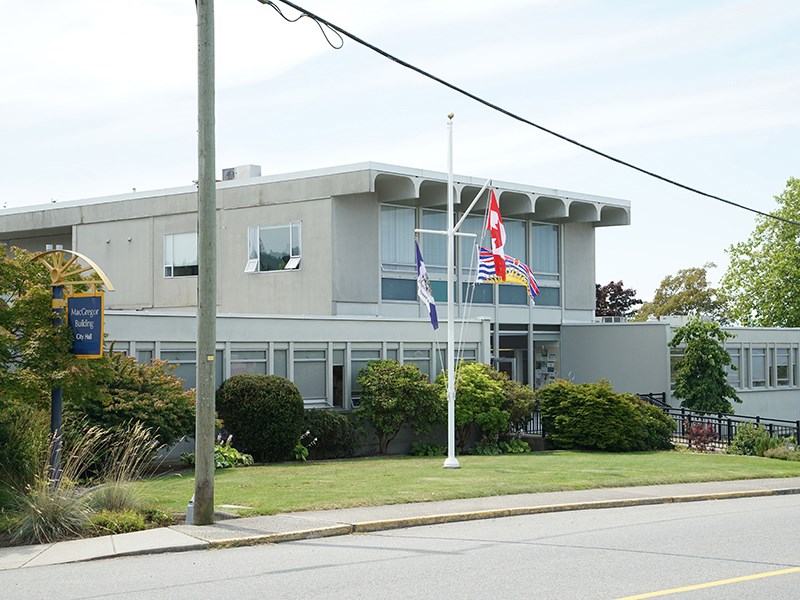City of Powell River is in another year of increasing enrolment for the property tax deferment program.
Chief financial officer Adam Langenmaier, speaking to the city’s finance committee on Tuesday, October 22, said in 2017 there was a 39-person increase, 2018 had a 41-person increase and in 2019 there was a 30-person increase in enrolment.
“As a total percentage we are slowing down a bit, but the values being deferred are steadily increasing,” said Langenmaier.
The smallest amount deferred in 2019 was $159.77 and the largest amount was $8,396.08. Langenmaier said there is not a perception that a homeowner must defer all of their property taxes, but instead, people are choosing portions they are comfortable deferring.
“You might not be comfortable deferring 100 per cent of it but why not take advantage of some,” said Langenmaier.
With a renewed deferral application, for somebody who has taken part in the program in years past, when they come in at tax time and say they want to defer, the city sends in an application to the province and gets payment reasonably quickly because they are already in the program, said Langenmaier. When a person is deferring for the first time, collection times from the province are a bit slower, because the province has to assess the applicant on a more in-depth scale.
“Typically, the approval rate is near 99 per cent,” said Langenmaier. “Sometimes, when they are not approved, they don’t have the required equity or they are a year early on their age.”
For the regular deferral program, applicants must be 55 years old or older, there must be 25 per cent equity in the home as per the current BC Assessment Authority value, all prior years’ property taxes must be paid up, as well as the property being a principal residence.
The city’s collection from the province on deferrals is 100 per cent. The province holds the liability. Once a taxpayer chooses to defer, the provincial government forwards the tax revenue to the city and the province continues to hold that liability until the homeowner sells their house or pays off the tax deferral.
The tax deferral system will be going online, which will streamline all of the paperwork that has previously been done to register for the program.
Mayor Dave Formosa asked Langenmaier what percentage of interest the province is charging for those who defer. Langenmaier said the interest rate was 1.95 per cent, and the province uses a simple interest method, so interest is only paid on the amount deferred. Interest is not charged on last year’s interest, so it is not compounding.
“If you’re deferring for a number of years, that’s a big savings the province is passing along,” said Langenmaier.
Councillor Jim Palm said it makes perfect financial sense for someone who is on a fixed income to defer.
“It’s actually a great deal,” he added.
Langenmaier said it is unlikely a homeowner could get equity lending at lower rates.
Finance committee chair George Doubt said it seems to be a valuable program and one of the good things about it is that it offers somebody on a limited income a way to deal with their taxes.
Formosa said a comment had been made by Doubt during discussion of tax deferral that for a $300,000 home the owner would be paying around $3,000 in taxes.
“Your cell phone, home phone and your internet is about $180 a month, so your phone and your TV is costing you about $2,160 a year,” said Formosa. “When you look for value, I think it’s a pretty good value when it comes to taxation.”



